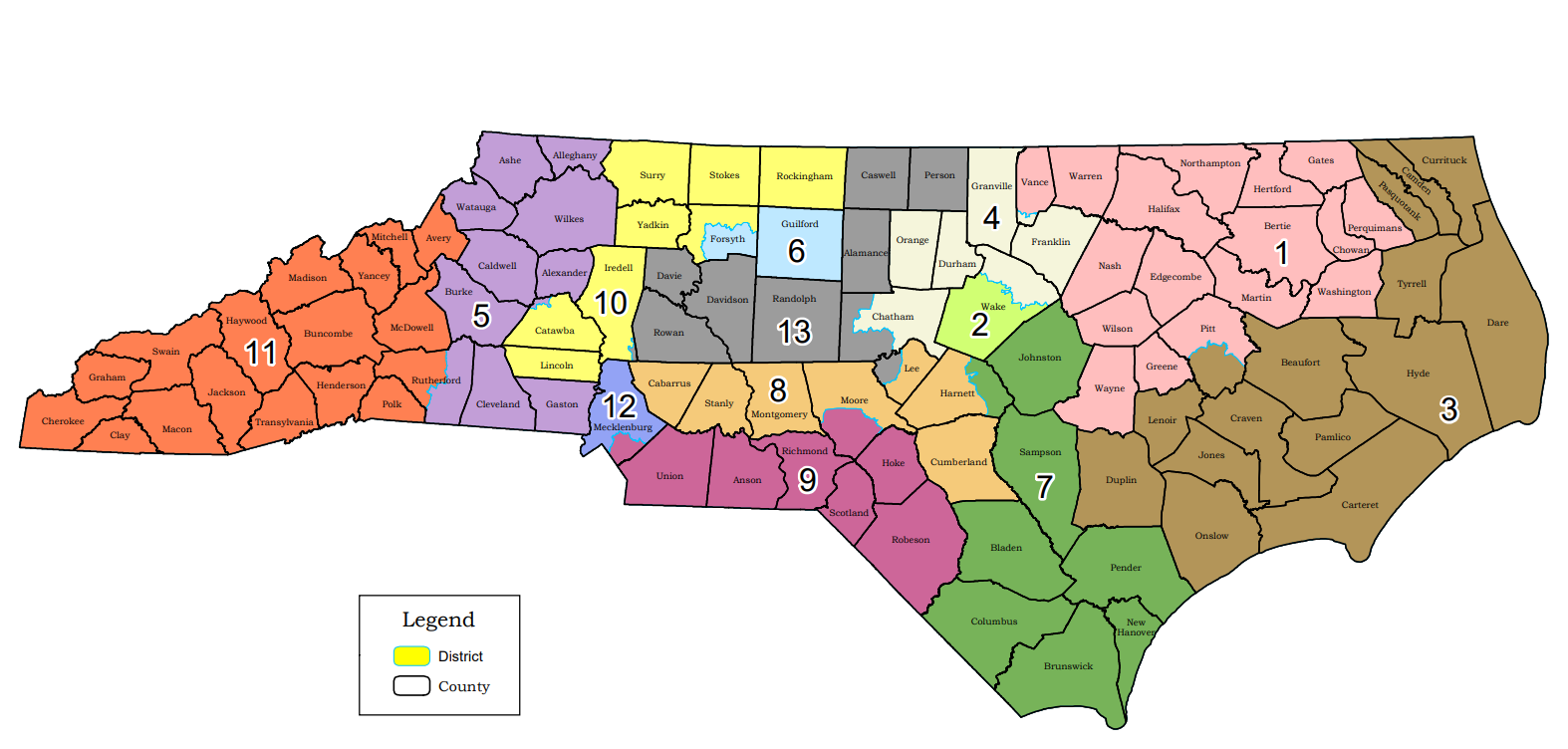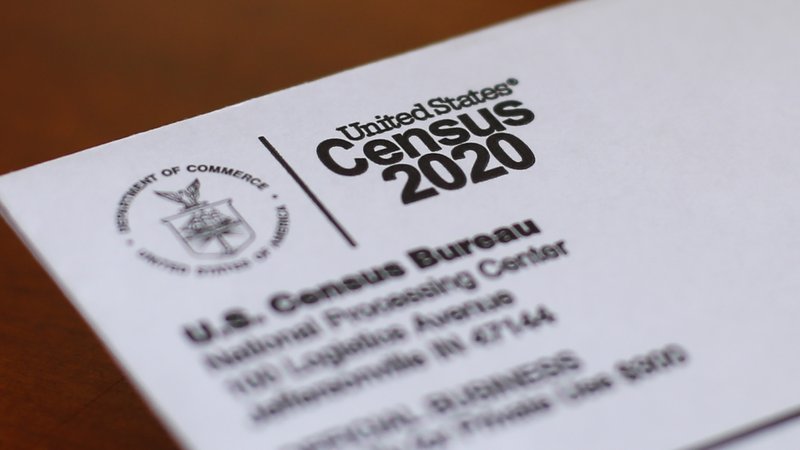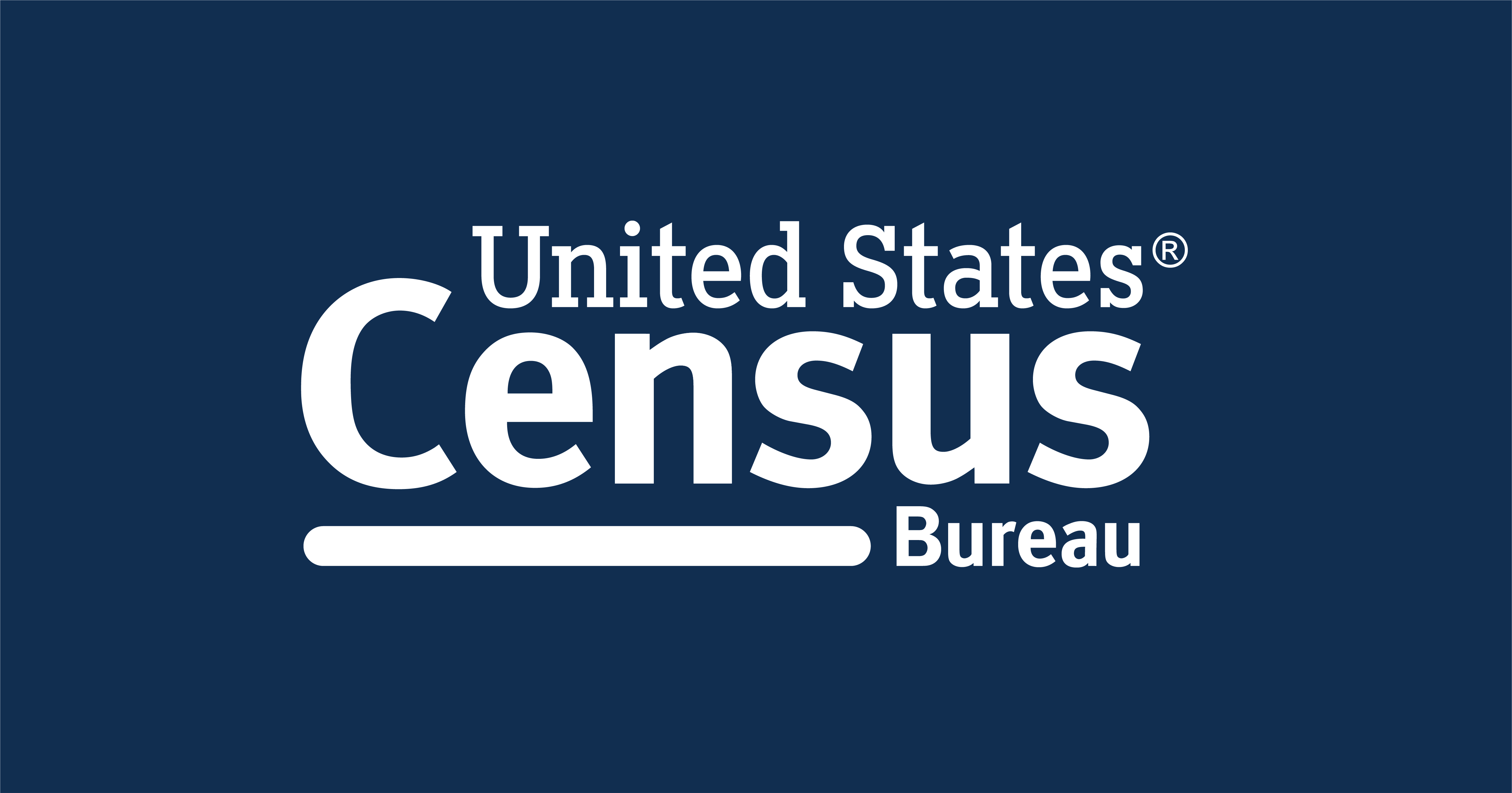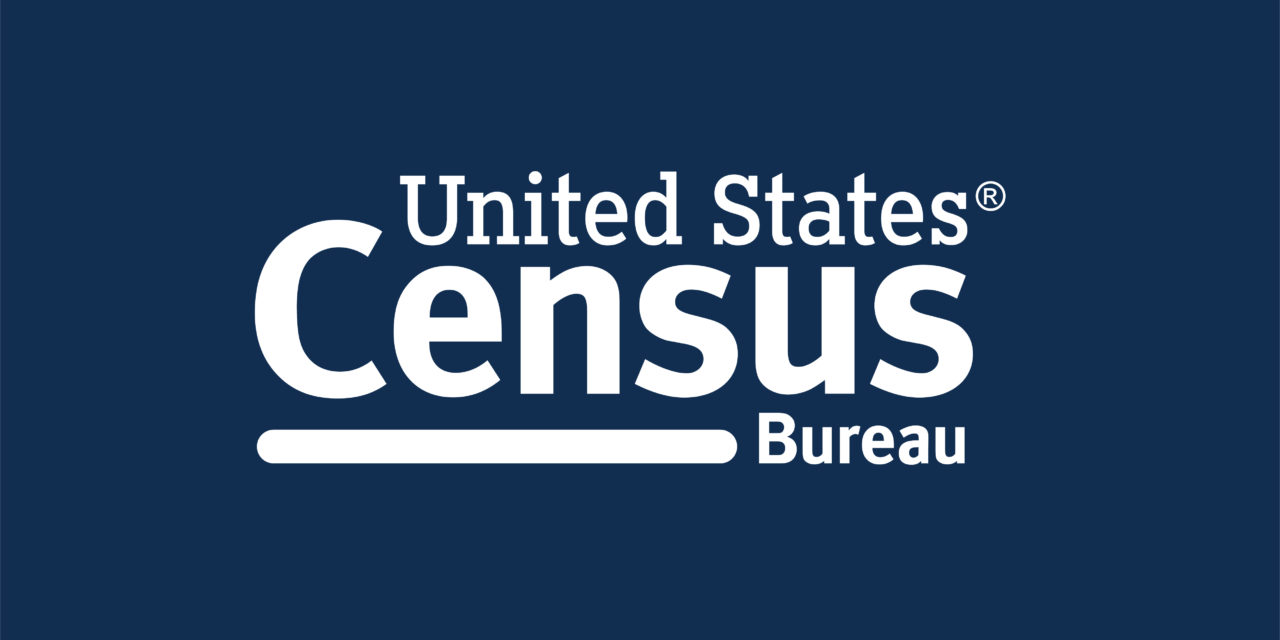In late July it was estimated that North Carolina is at risk of losing more than $7 billion dollars in federal funding if the remaining four million uncounted residents do not participate in the 2020 Census before its deadline at the end of the month.
In mid-August, the US Census Bureau moved the 2020 Census completion deadline from October 31 to September 30 – meaning local jurisdictions are now pushing harder than ever to get all their residents counted.
Overall, the census determines how $675 billion dollars of federal funding is distributed over the next 10 years. Every person not counted in the community is a loss of more than $1,800 dollars annually in state and federal funding. The U.S. Census Bureau has counted the countries’ population every 10 years since 1790.
The census is also used to determine the number of seats each state has in the US House of Representatives, and it is used for redistricting at the national, state and local level. Assuming North Carolina has an accurate census count this year, the state is projected to gain an additional seat in the House.
As of September 15, 87.7 percent of North Carolinians have responded to the census. This percentage puts North Carolina as the state with the ninth lowest response rate. With these comparatively low response rates, individual counties in the state are stepping up to push for a more accurate count of their populations.
Chatham County Commissioner Karen Howard said Chatham is now at the phase where they are doing door-to-door checks to encourage people to be counted. The county’s $133 million dollars in annual federal funding is contingent on an accurate and representative count.
“Every 10 years we will get an opportunity to count the people in this county and that count matters on so many levels,” Howard said. “We’re funding at a federal level for the kinds of things that we get for school districts, for affordable housing and for poverty. When you are undercounted, that undercount exists, regardless of population spurts – and we’ve had numerous population spurts at the county and state level.”
Howard said if residents are not counted, there will be a significant lack of funding on a county and statewide level – and if the county and state continues to grow in size, both will not receive enough support to meet the needs of their residents.
“It’s so important that people understand that we have this one opportunity to really count ourselves, count who we are and figure out what are the needs of the community and then use that information to ensure that we have the support and the infrastructure and the funding to meet the needs of the people of the state,” Howard said.
Howard said she has a team of bilingual and multilingual people dedicated to getting the word out about the census as the closing date approaches. However, as of September 15, more than 30 percent of Chatham County households have still not completed the 2020 Census. Additionally, in Orange County more than 28 percent of residents have yet to fill it out.
Howard said while these rates aren’t terrible in comparison to the last census 10 years ago – it’s still not ideal – especially considering 2020 is the first year people are able to fill out the census online.
“We are slightly ahead of where we were the last time we had a census count, but that was not high enough,” Howard said. “We would really like to get as many people accounted for as possible.”
To fill out the census before the closing date on September 30, click here.
Chapelboro.com does not charge subscription fees. You can support local journalism and our mission to serve the community. Contribute today – every single dollar matters.
Related Stories
‹

September Redistricting Hearings Held for NC Maps InputNorth Carolina legislators are going outside Raleigh to hear from residents about how General Assembly and congressional districts should be redrawn for the next decade. The House and Senate scheduled over a dozen public hearings for September, with the first occurring Wednesday evening in Caldwell County. Lawmakers ultimately will travel from Cullowhee to Wilmington and Elizabeth City, […]

U.S. Census Data: North Carolina, Triangle Outpaces National Growth RateRecently released data from the 2020 U.S. Census shows a substantial population increase in North Carolina, with the state topping 10 million residents for the first time. A majority of that growth comes from an influx of adults and people of color in the state’s biggest cities.
![]()
Census Data: US Is Diversifying, White Population ShrinkingWritten by MIKE SCHNEIDER No racial or ethnic group dominates for those under age 18, and white people declined in numbers for the first time on record in the overall U.S. population as the Hispanic and Asian populations boomed this past decade, according to the 2020 census data. The figures released Thursday by the U.S. […]
![]()
Census Data Kicks off Effort To Reshape US House DistrictsWritten by DAVID A. LIEB and NICHOLAS RICCARDI Redistricting season officially kicks off with the release of detailed population data from the U.S. Census Bureau that will be used to redraw voting districts nationwide — potentially helping determine control of the U.S. House in the 2022 elections and providing an electoral edge for the next […]
![]()
On Air Today: Rebecca Tippett of Carolina DemographyDid the pandemic lead to more births or fewer? At the moment, Carolina Demography reports early indications are 2020 was largely a baby bust in North Carolina instead of a boom. Director Rebecca Tippett joins 97.9 The Hill's Brighton McConnell to share details on the limited data, as well as other pieces of their recent NC in Focus report.

2020 Census: North Carolina Sees Population Increase, Gains Seat in U.S. HouseAs a result of the 2020 U.S. Census data, North Carolina is one of six states to gain seats in the reapportionment of the U.S. House of Representatives. Other states gaining seats include Texas, Florida, Colorado, Oregon, and Montana, while seven states lost seats.
![]()
What’s Behind the Growth Slump? Takeaways From Census DataWritten by NICHOLAS RICCARDI and MIKE SCHNEIDER The first batch of once-every-decade data from the U.S. Census Bureau shows a United States that is growing less quickly but still seeing its population shift to the South and the West. The data released Monday was relatively basic — containing national and state-level population figures and details of how they […]

Census Delays Affect NC Redistricting Plans, Congressional AppointmentsState redistricting plans, allocated federal funding and congressional appointments remain up in the air as U.S. Census data is slowly calculated after delays stemming from the pandemic.

2020 U.S. Census Collection Extended; North Carolina Still Lags in ResponseAfter an unclear plan for the 2020 U.S. Census’ conclusion from the federal government, a judge recently declared its ending date will be extended to try and garner more responses. Held every ten years to get as accurate a tally of the United States’ population as possible, the Census began its count six months ago […]

North Carolina Could Lose Billions as 2020 Census Deadline ApproachesIn late July it was estimated that North Carolina is at risk of losing more than $7 billion dollars in federal funding if the remaining four million uncounted residents do not participate in the 2020 Census before its deadline at the end of the month. In mid-August, the US Census Bureau moved the 2020 Census […]
›





